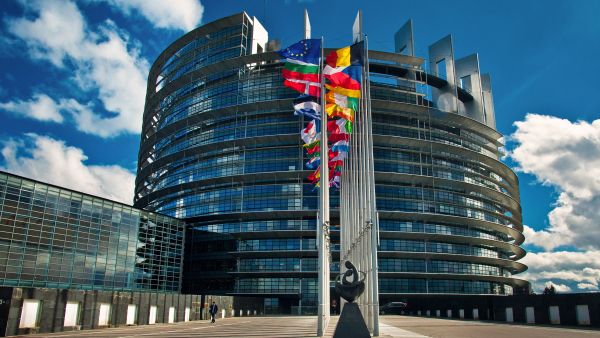Under the leadership of S&D Euro MP Paul Tang, the European Parliament today gave its green light to common rules on securitisation in Europe and the creation of a European label (STS) that guarantees a simple, transparent and standardised financial instrument.
The aim of the new laws is to develop a stable market in the good times and in the bad times and to facilitate access to financing for businesses with the aim of boosting investment in Europe.
The EU agreed on criteria for simple, transparent and standardised securitisation (STS) and Capital Requirements Regulation (CRR), the legislative flagship proposals of the Capital Markets Union (CMU).
The European Parliament’s negotiator, S&D Euro MP Paul Tang, said:
“Securitisation is a technique to combine similar loans, for example mortgages, in one package in order to resell it to investors. It turned out in 2008, during the American housing crisis, that most of these packages were full of subprime mortgages. They were repackaged hot air, accompanied with a triple A-rating. Securitisation played the lead role in causing the financial crisis.
“After the 2008 financial crisis and the bailout of many banks in Europe with taxpayers’ money, it became clear that the EU needed more prudential guidance, European supervision and transparency.
“This new regulation bears the mark of the Socialists and Democrats in the European Parliament. We fought very hard to strengthen the prudential framework to ensure an efficient oversight of this market at the European level.
“By installing public data repositories for securitisations, investors and supervisors will have an overview of all loans at all times. This makes it clear to everybody where the risks are. Additionally, we expanded and strengthened the power and the role of the supervisors. They now have to act when the stability of the market is at risk. For example, by putting a brake on securitisation in the case of the market overheating.
“Besides this progress in the field of financial stability, STS also contributes to sustainable finance. Banks will have to show how the assets they securitise score on energy efficiency; very relevant in light of the climate goals. Thanks to this, investors can consciously decide to invest greener.”
S&D negotiator for the revision of the Capital Requirements Regulation, Jonás Fernández Alvarez MEP, added:
“The Parliament obtained a great victory changing the initial position of the Council and Commission.
“Credit-rating agencies for instance will only be used in very specific cases in order to measure security risks. These agencies were at the heart of the 2008 financial crisis due to misleading ratings.”
“This text represents a balanced result that allows Euro MPs to hold the supervisors accountable for the stability of the market at all times.”
S&D Group spokeswoman for economic and monetary affairs, Pervenche Berès MEP, concluded:
“Making securitisation safer and greener was a necessary step in building a resilient Capital Markets Union that, together with the European Fund for Strategic Investments (EFSI) and the completion of the Banking Union, will ensure more investments in the real economy and increase growth prospects in Europe.”
MEPs involved
Related content
Find out more








